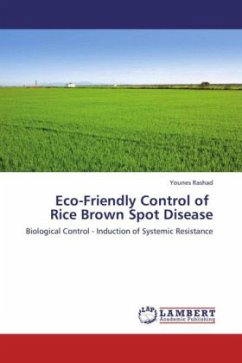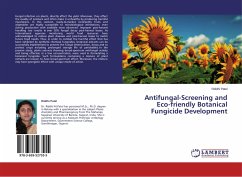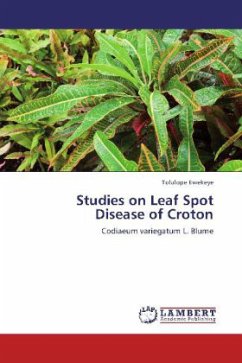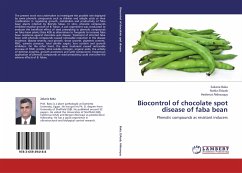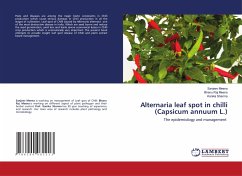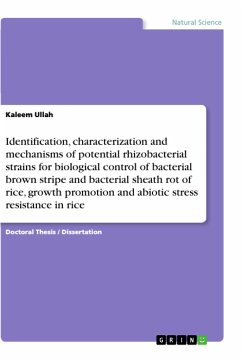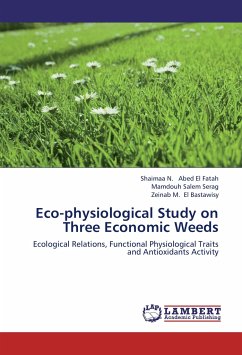Rice is among the most important cereals in the world, it is life for thousands of millions of people and it is deeply embedded in the cultural heritage of their societies. Brown spot - caused by Bipolaris oryzae - is one of the important rice diseases in the world. Widespread, reported in all rice growing countries of Asia, America and Africa. It can be a serious disease causing a considerable yield loss. Chemical control may be available to reduce the effects of brown spot disease on young plants effectively and extensively, but field application of these chemicals may not always be desirable. Excessive and improper use of these pesticides presents a menace to the health of humans, animals and environment. So that, the present work aimed to replacement the undesirable and unsafe chemical control by another effective, inexpensive and safe options for rice brown spot disease control. Two ways were suggested here to overcome this problem, the biological control and the induction of systemic acquired resistance in the plant. The book will be of a great value for researchers in the field of plant pathology and anyone who concerned with the safe agriculture.
Bitte wählen Sie Ihr Anliegen aus.
Rechnungen
Retourenschein anfordern
Bestellstatus
Storno

